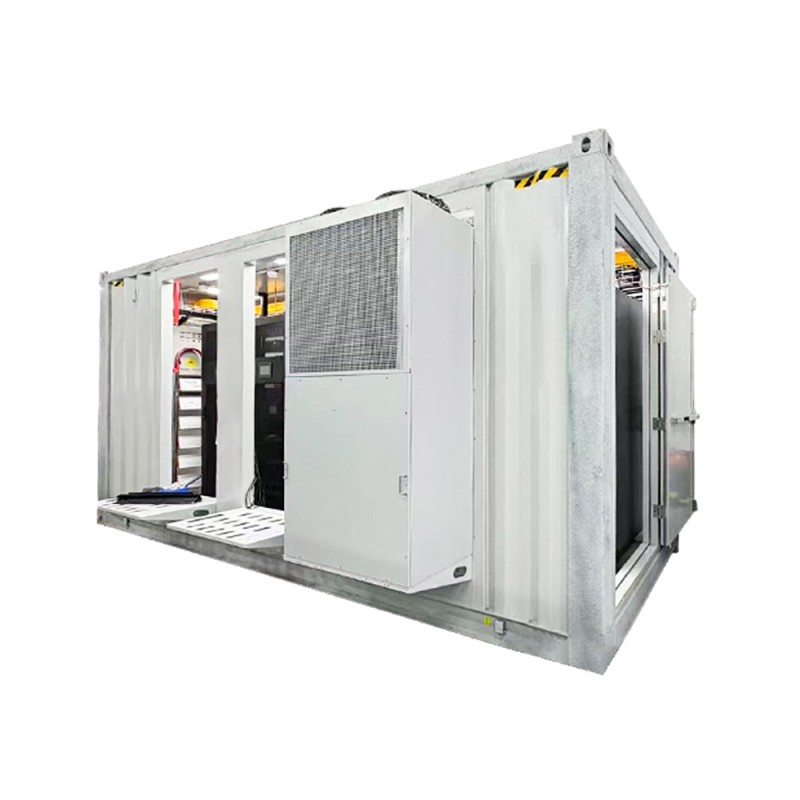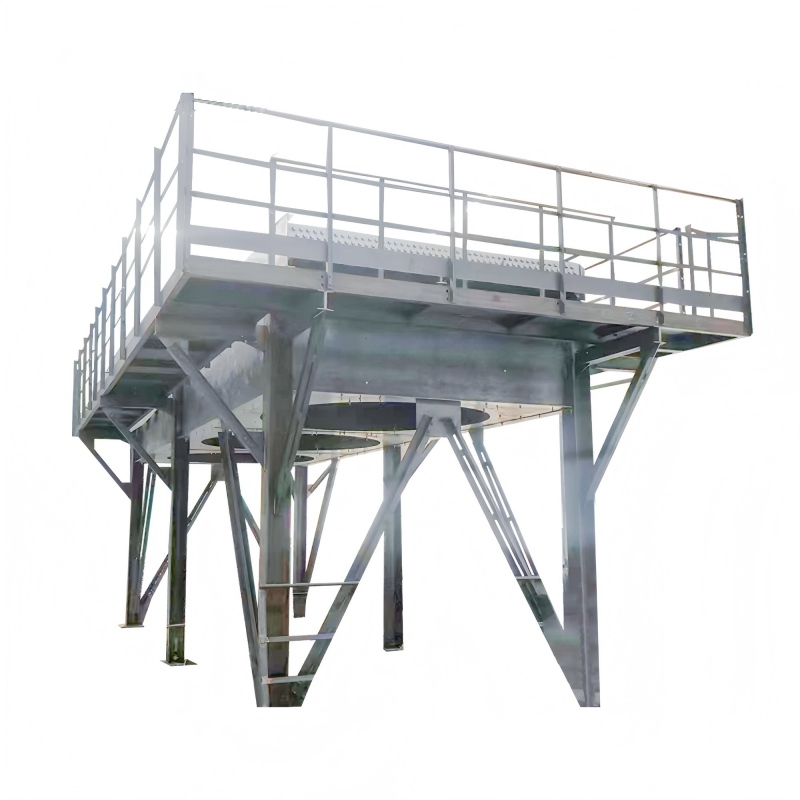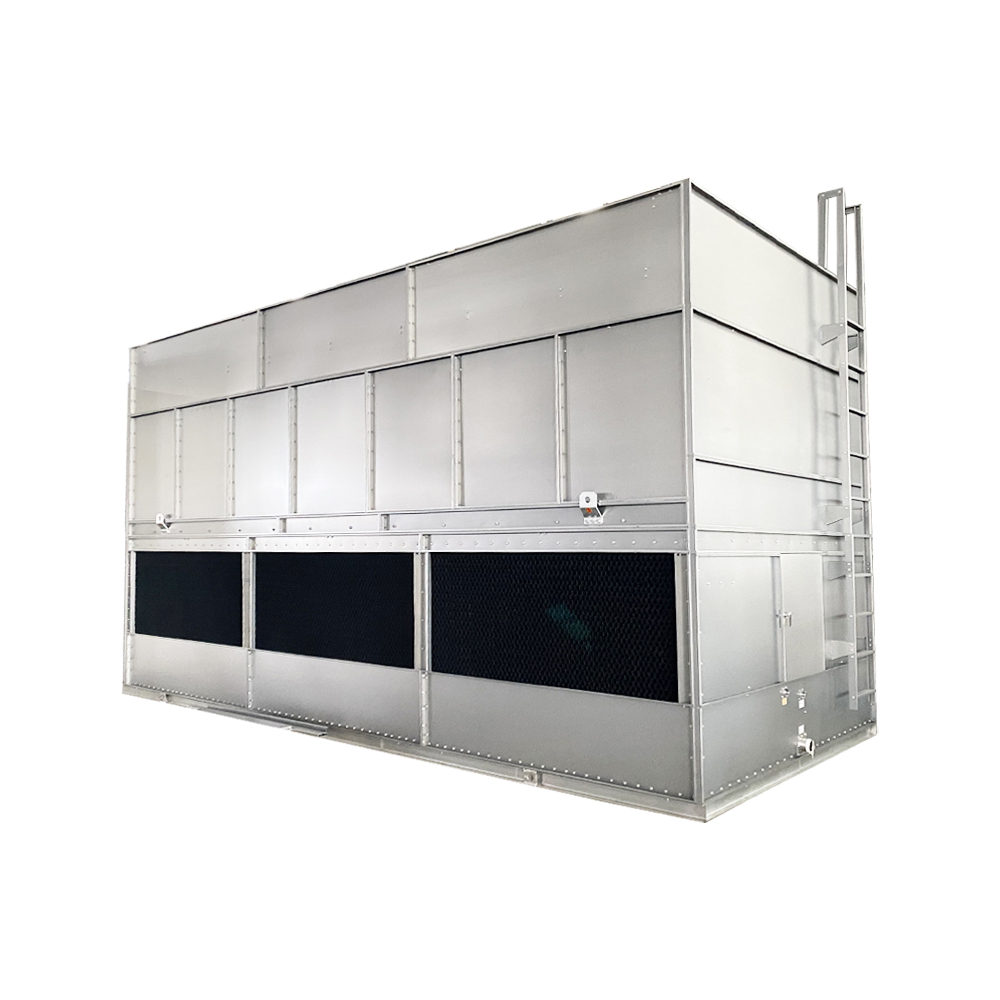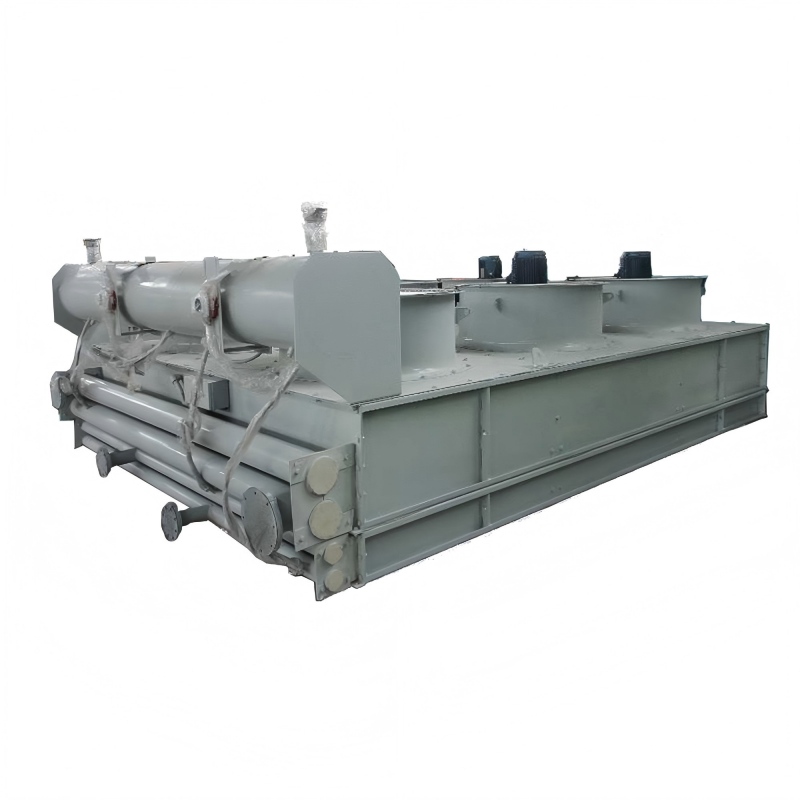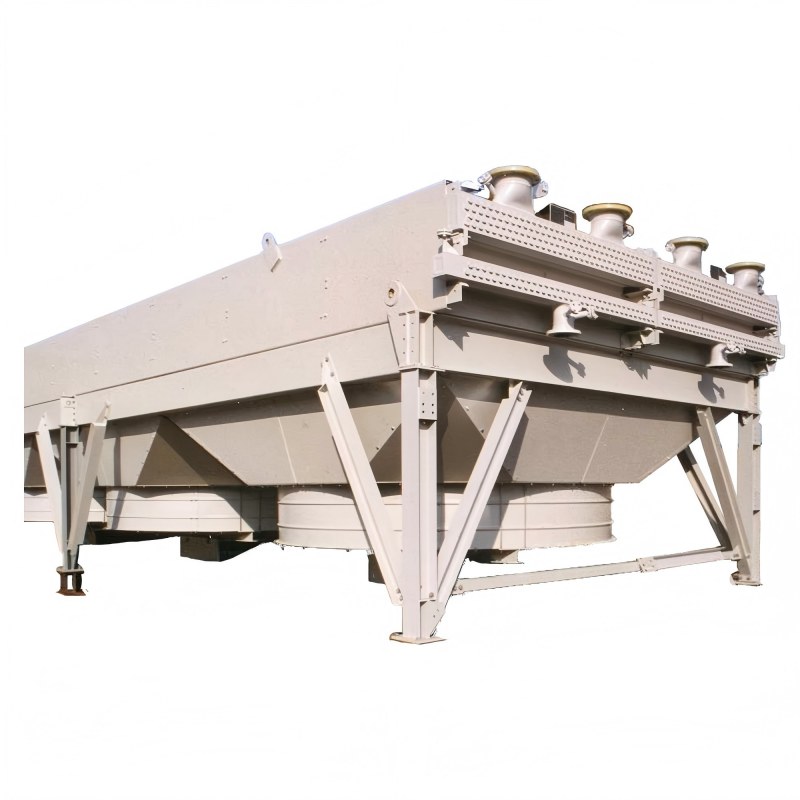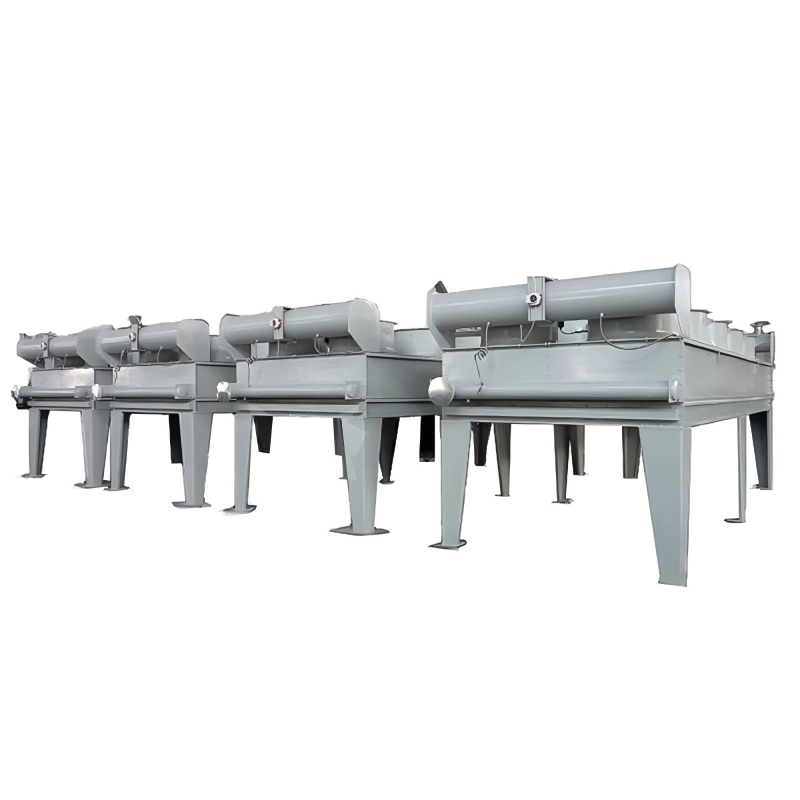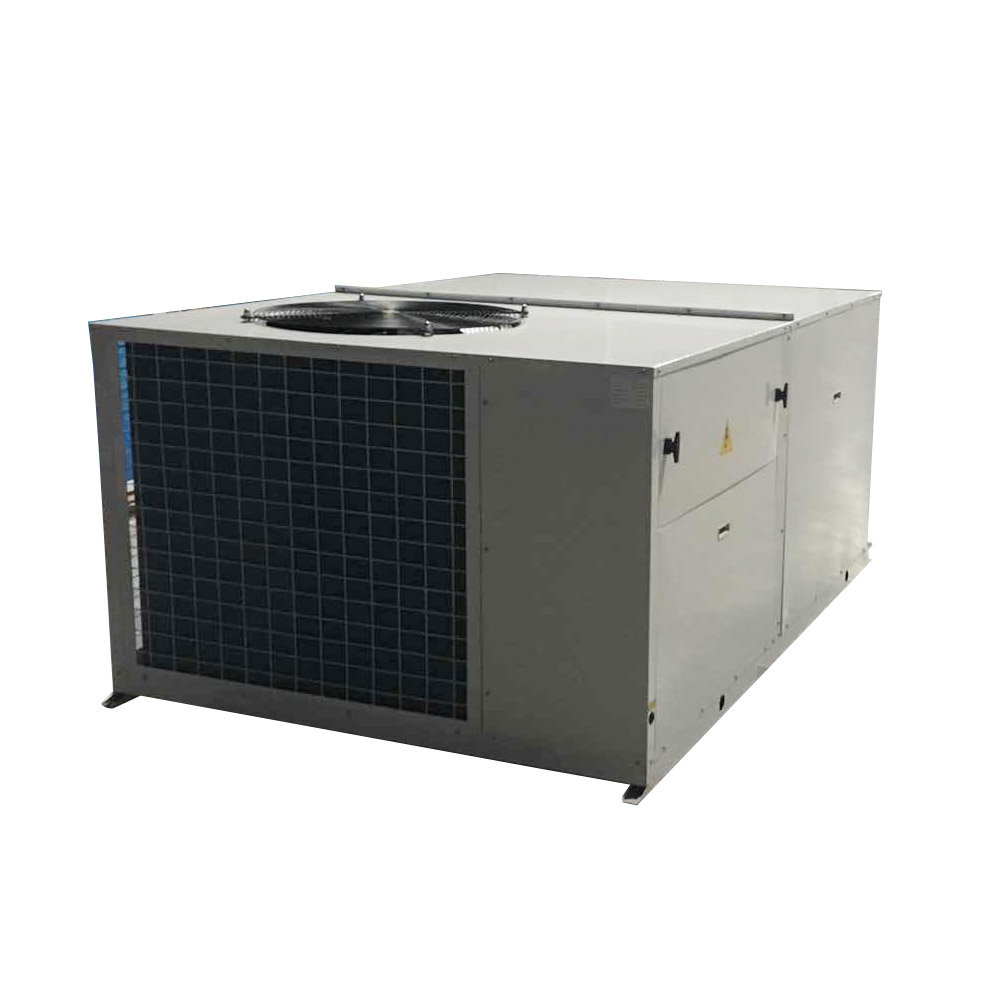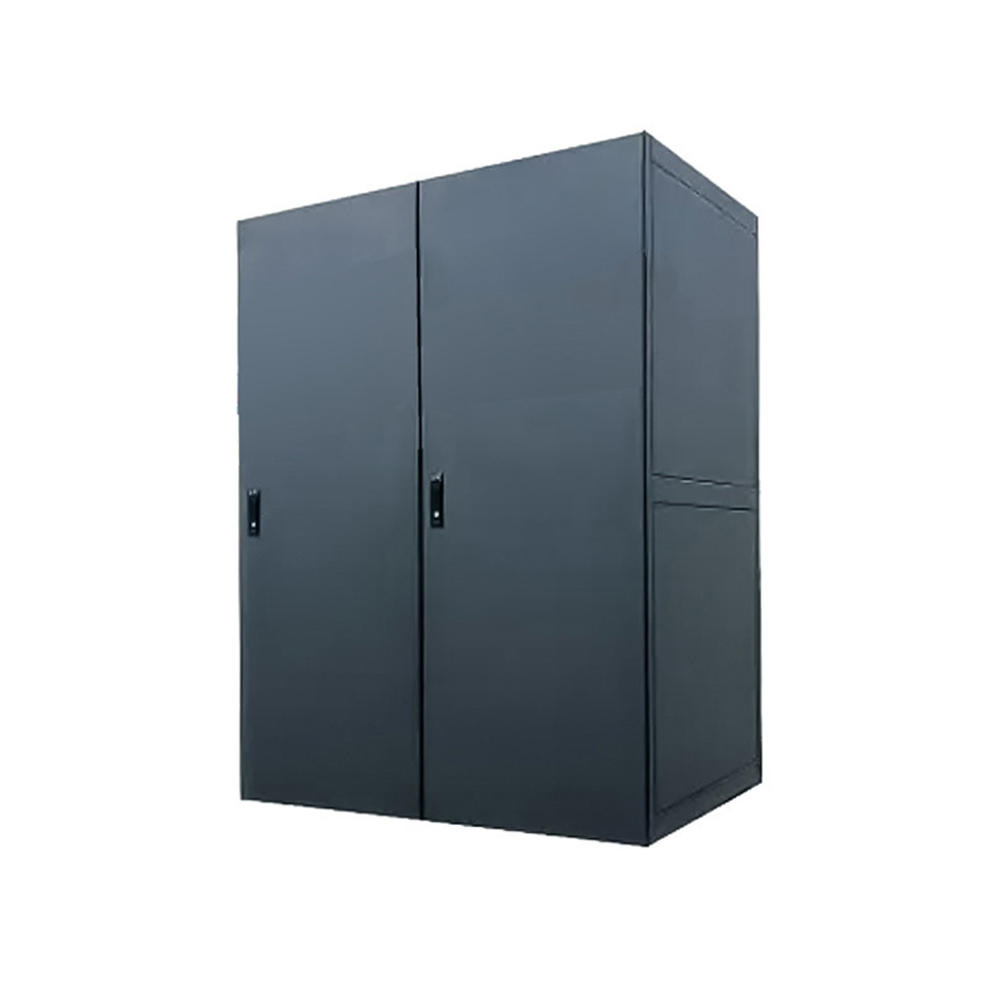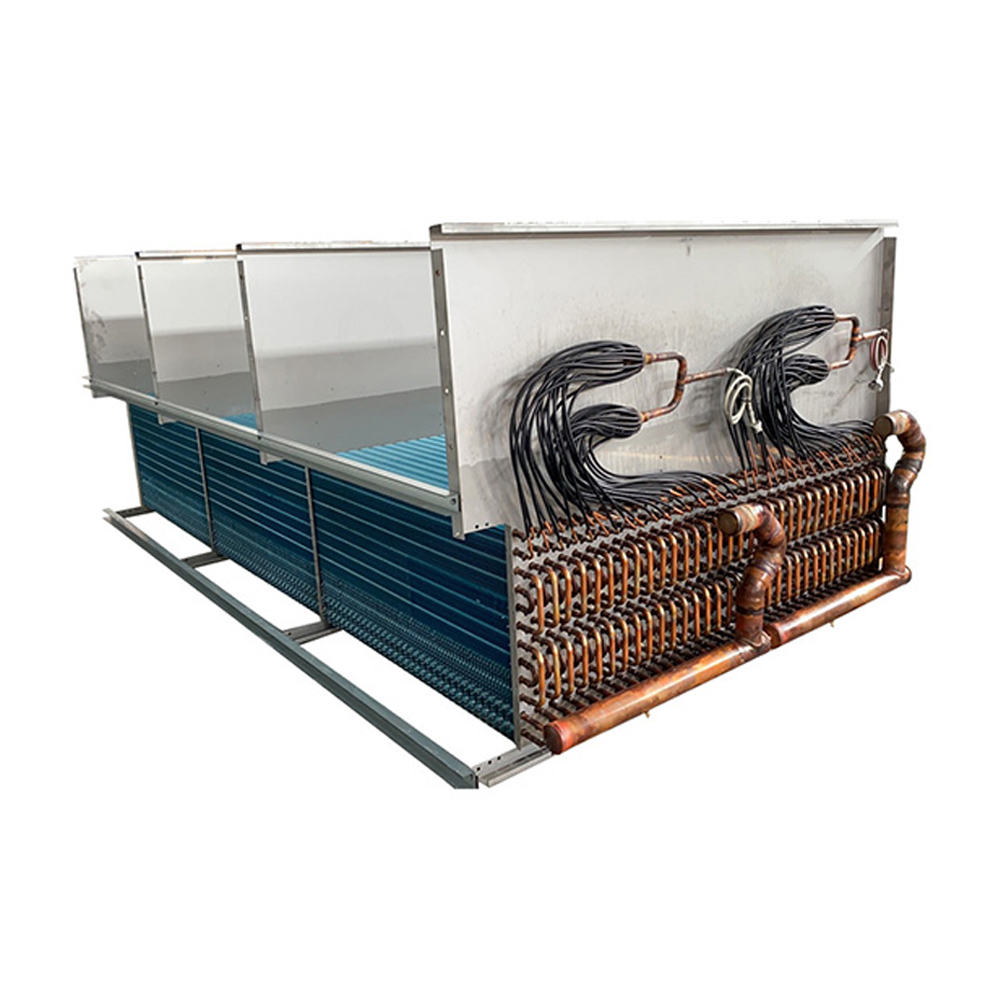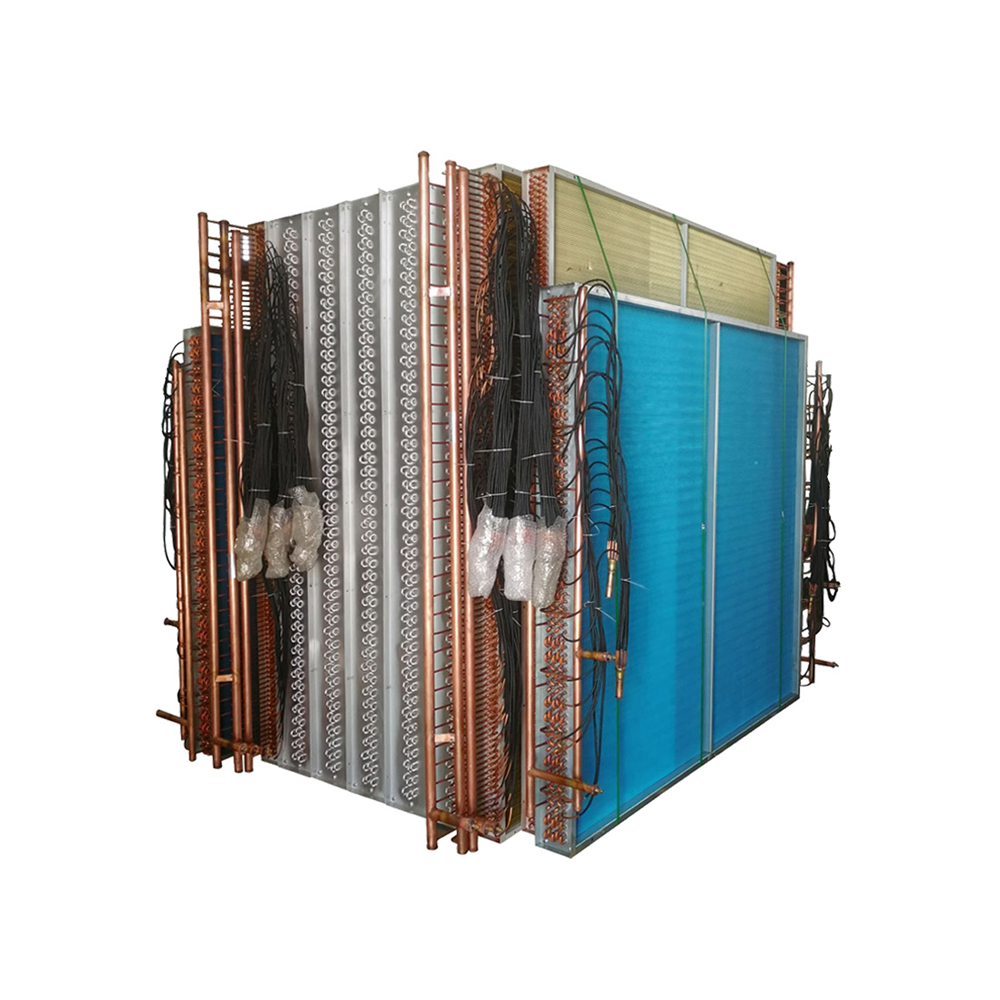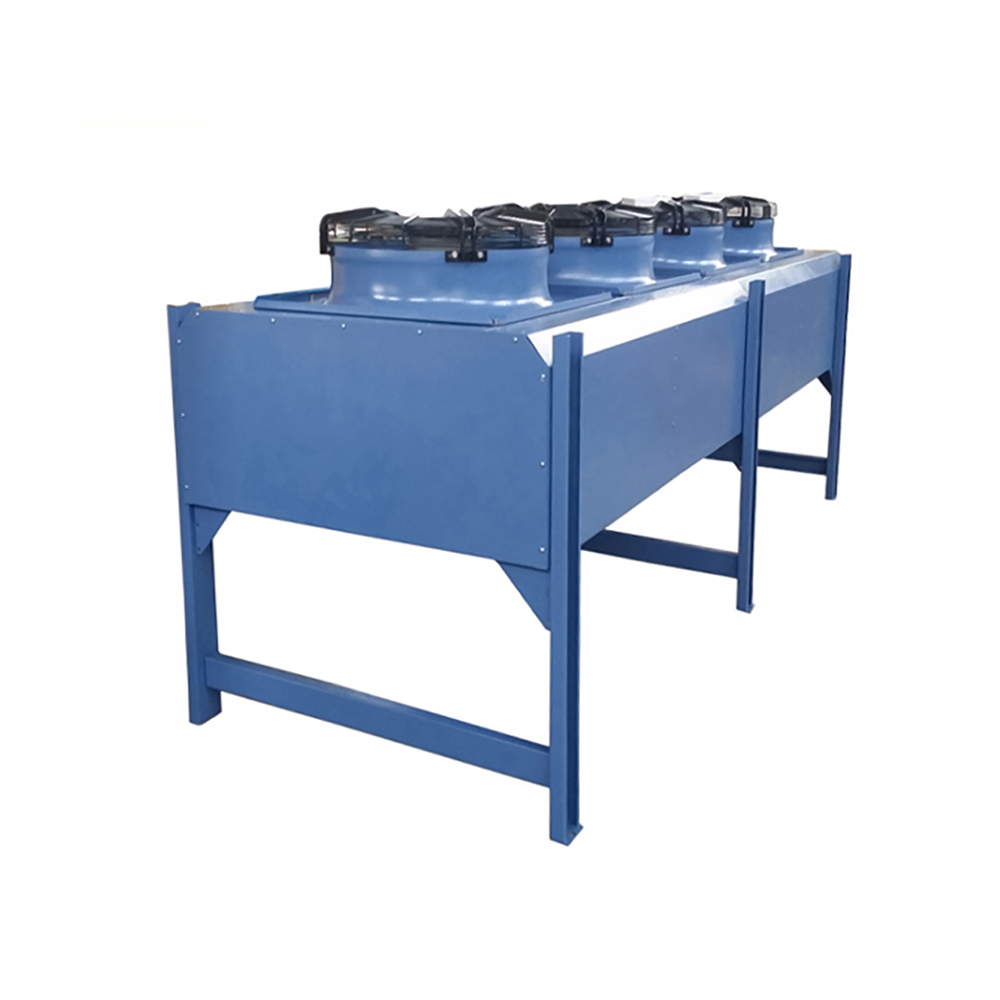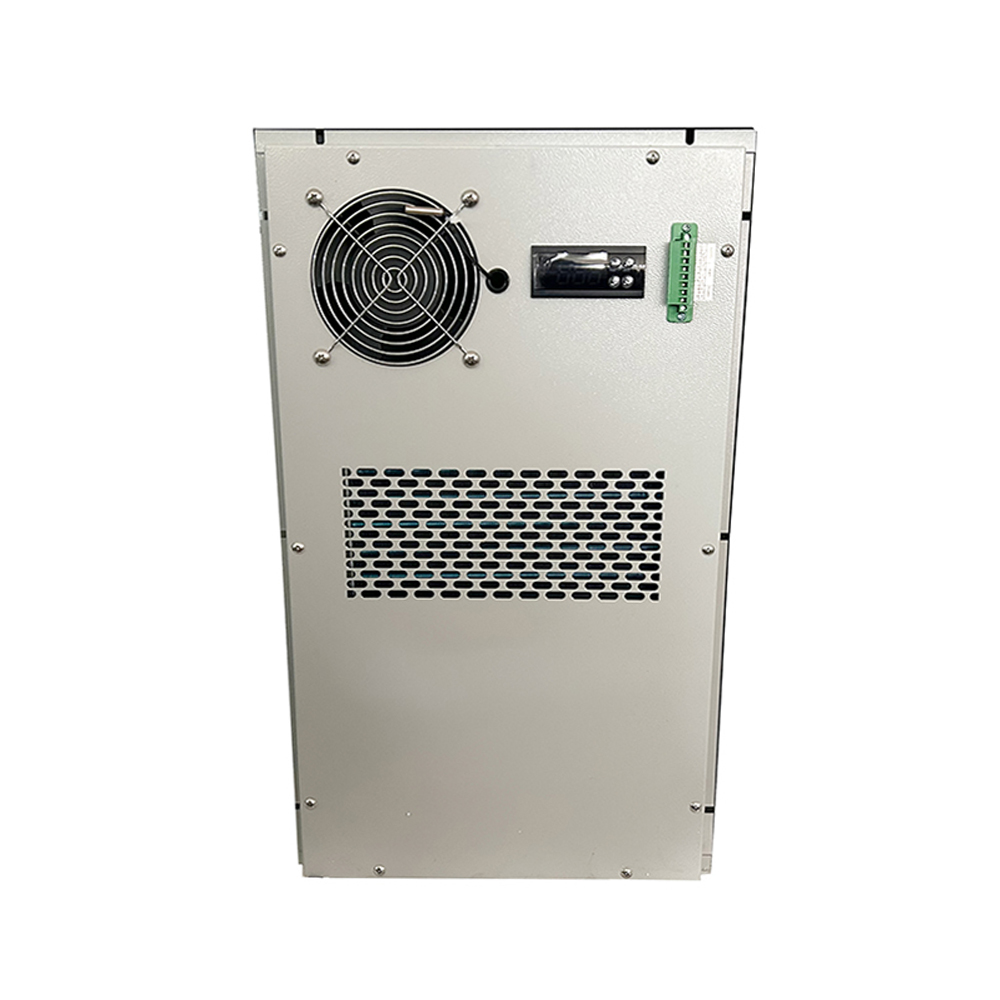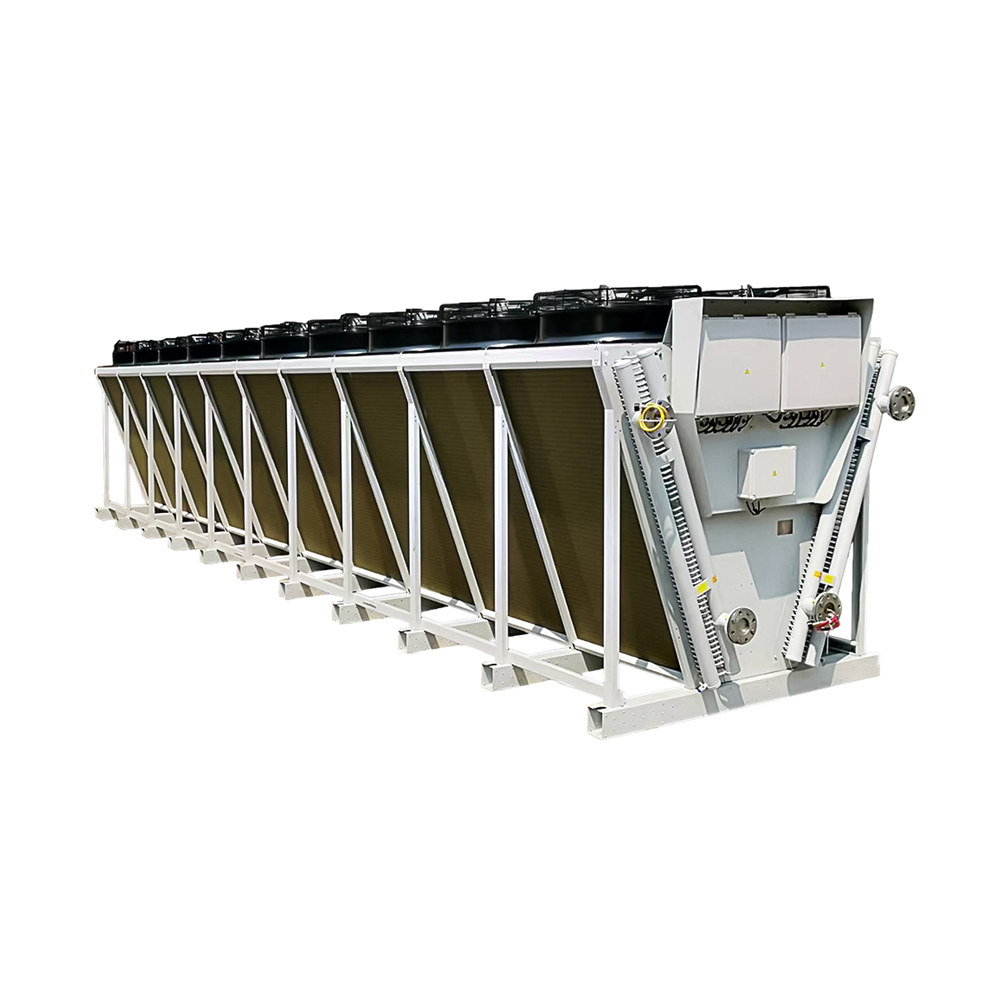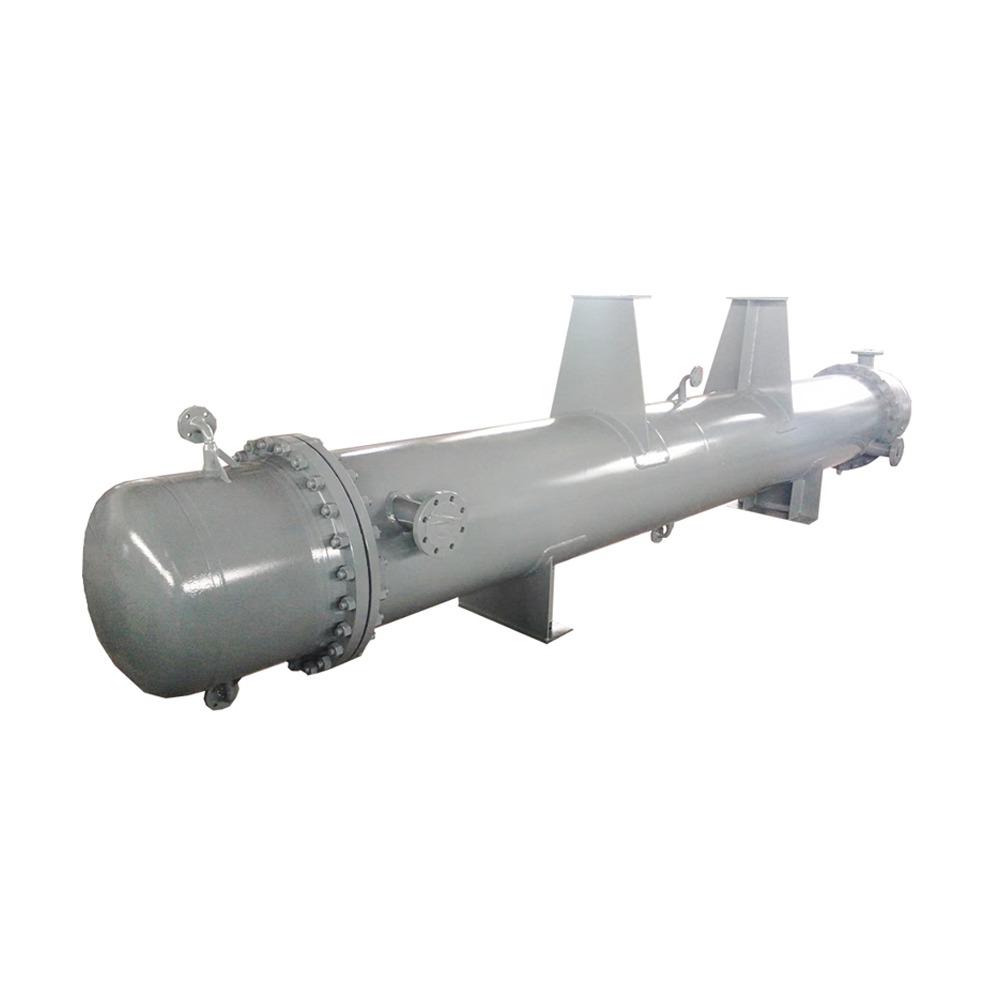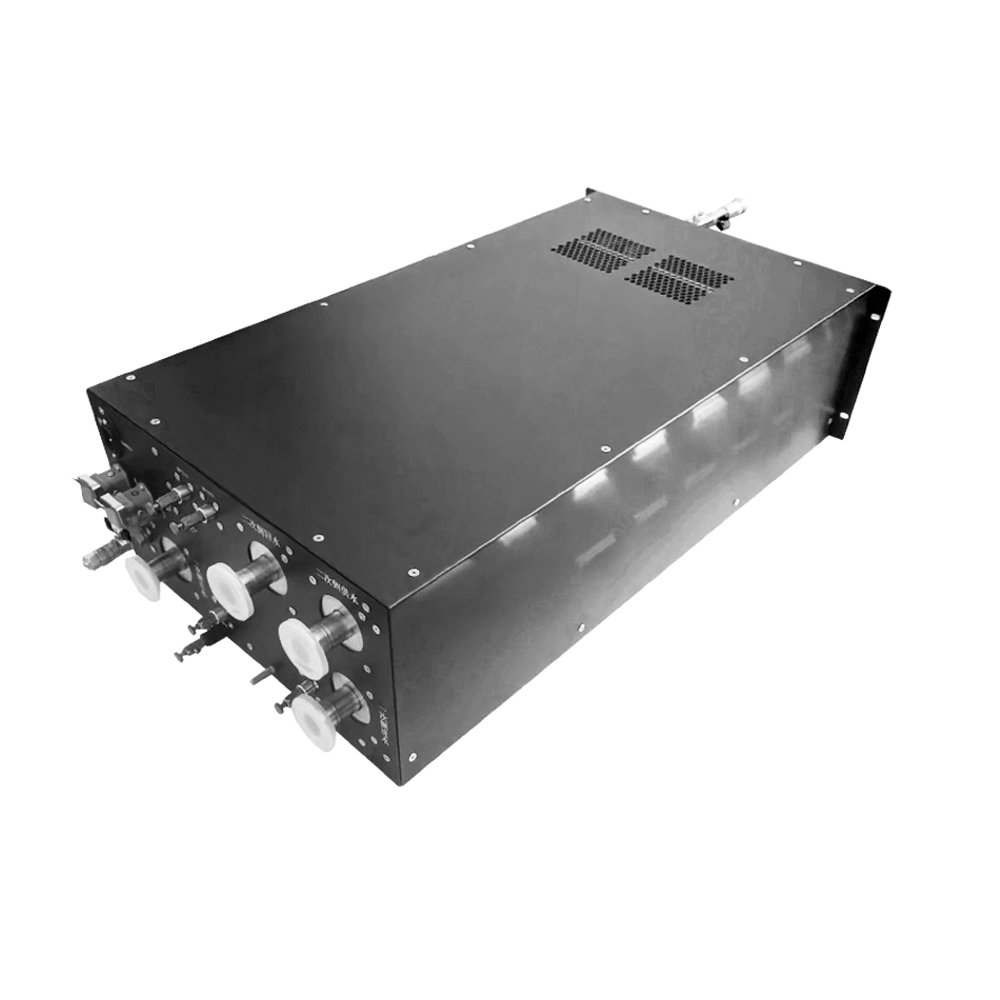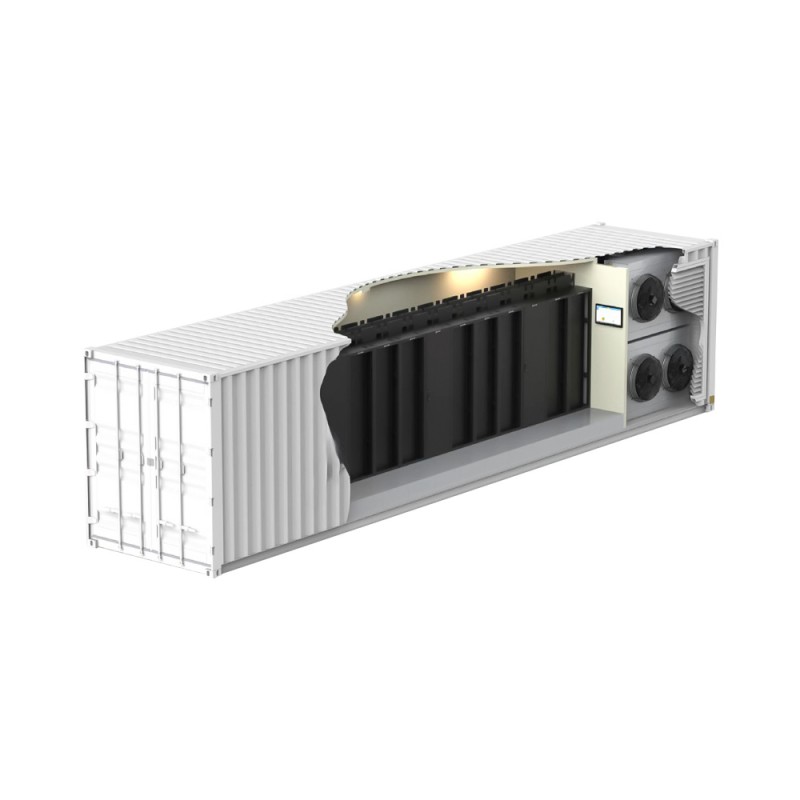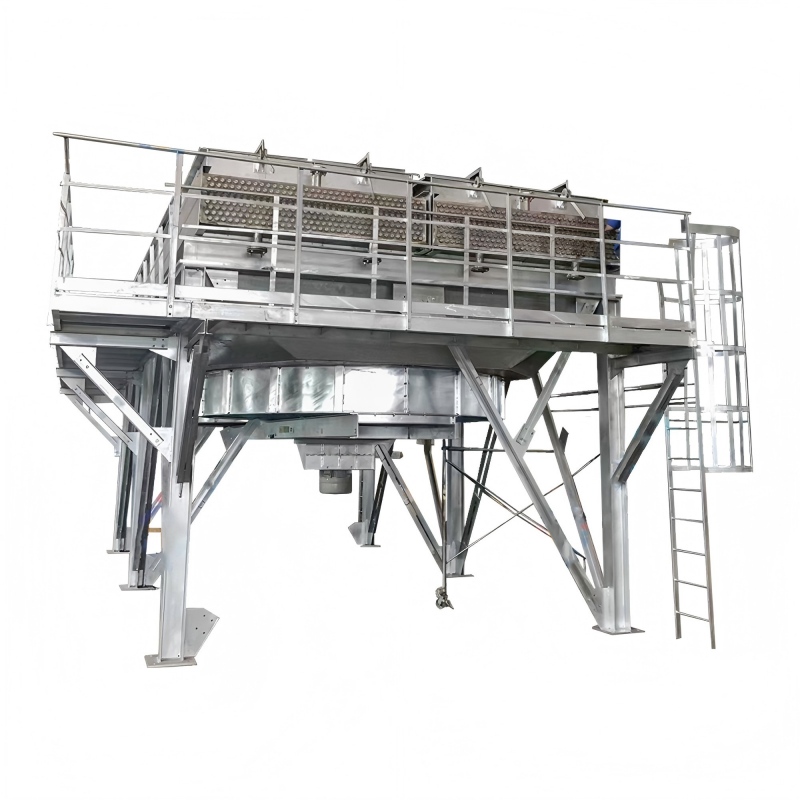CO2 gas coolers, also known as carbon dioxide gas coolers, are essential components in various industrial processes requiring efficient temperature regulation of carbon dioxide. They play a crucial role in maintaining optimal operating conditions for a wide range of applications. Understanding their functionality and selection is critical for maximizing efficiency and minimizing operational costs.
Types of CO2 Gas Coolers
Plate Heat Exchangers
Plate heat exchangers are a common type of CO2 gas cooler known for their high efficiency and compact design. They consist of numerous thin plates with corrugated surfaces, providing a large surface area for heat transfer. This design facilitates efficient cooling of the CO2 gas stream. Their compactness makes them suitable for space-constrained applications. However, they can be more susceptible to fouling and require regular maintenance.
Shell and Tube Heat Exchangers
Shell and tube heat exchangers offer a robust and reliable solution for CO2 gas cooling, particularly in high-pressure applications. They feature a shell containing a bundle of tubes, with the CO2 gas flowing through the tubes and the cooling medium flowing through the shell. This design provides excellent durability and can handle higher pressure drops compared to plate heat exchangers. However, they tend to be larger and less efficient than plate exchangers.
Air-Cooled CO2 Gas Coolers
Air-cooled CO2 gas coolers utilize ambient air as the cooling medium. These systems are often simpler and require less maintenance than water-cooled options. However, they are less efficient, particularly in hot climates, and may require larger footprints.
Selecting the Right CO2 Gas Cooler
Choosing the appropriate CO2 gas cooler depends on several factors, including the required cooling capacity, operating pressure, available cooling medium, space constraints, and budget. Consider the following factors:
| Factor | Considerations |
| Cooling Capacity | Determine the required cooling capacity (BTU/hr or kW) based on the CO2 flow rate and temperature reduction needed. |
| Operating Pressure | Select a cooler capable of withstanding the operating pressure of the CO2 system. |
| Cooling Medium | Consider the availability and cost of water or air as cooling mediums. |
| Space Constraints | Choose a cooler with a footprint that fits within the available space. |
| Budget | Balance performance and cost-effectiveness when selecting a cooler. |
Maintenance of CO2 Gas Coolers
Regular maintenance is crucial for ensuring the optimal performance and longevity of your CO2 gas cooler. This includes regular inspections for leaks, fouling, and corrosion. Cleanings should be scheduled based on usage and the type of cooler. Proper maintenance prevents costly repairs and downtime.
Applications of CO2 Gas Coolers
CO2 gas coolers find widespread use across diverse industries. They are vital in applications such as:
- Supercritical CO2 power plants
- Carbon capture and storage (CCS) systems
- Food and beverage processing
- Pharmaceutical manufacturing
- Chemical processing
For high-quality and efficient CO2 gas coolers, consider exploring options from reputable manufacturers like Shanghai SHENGLIN M&E Technology Co.,Ltd. They offer a range of solutions to meet diverse industrial needs.
This information is for general guidance only. Always consult with qualified professionals for specific applications and recommendations.









